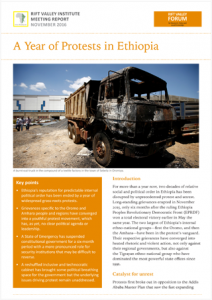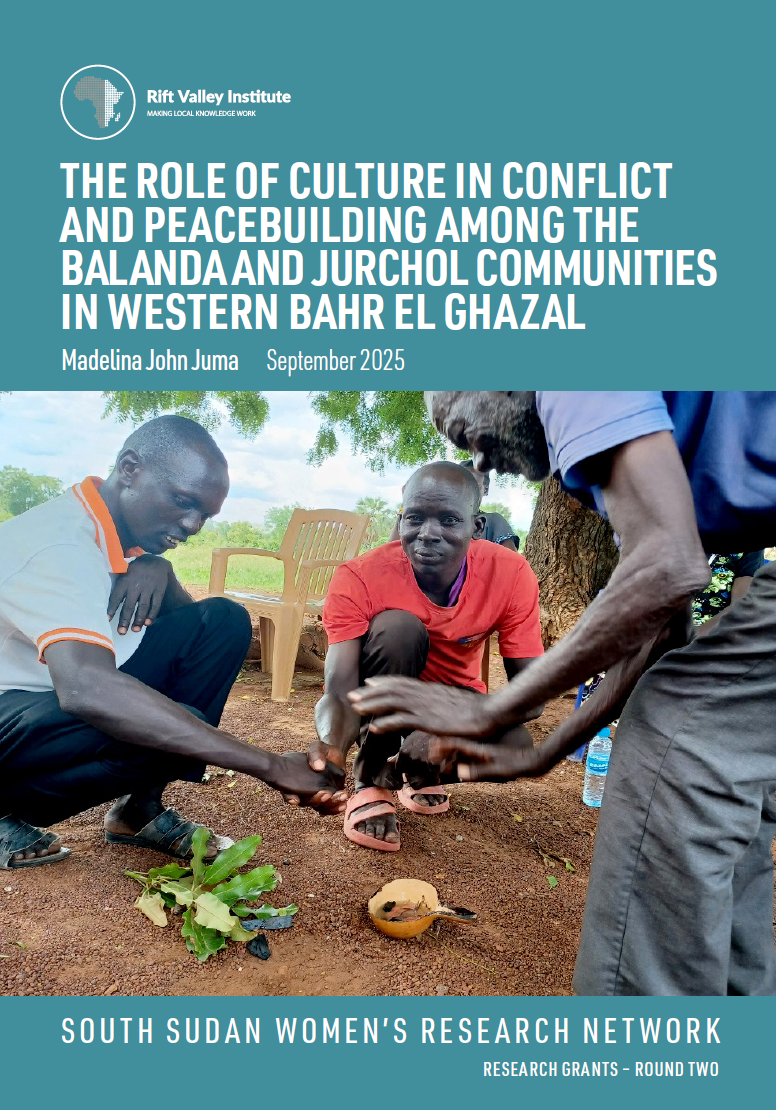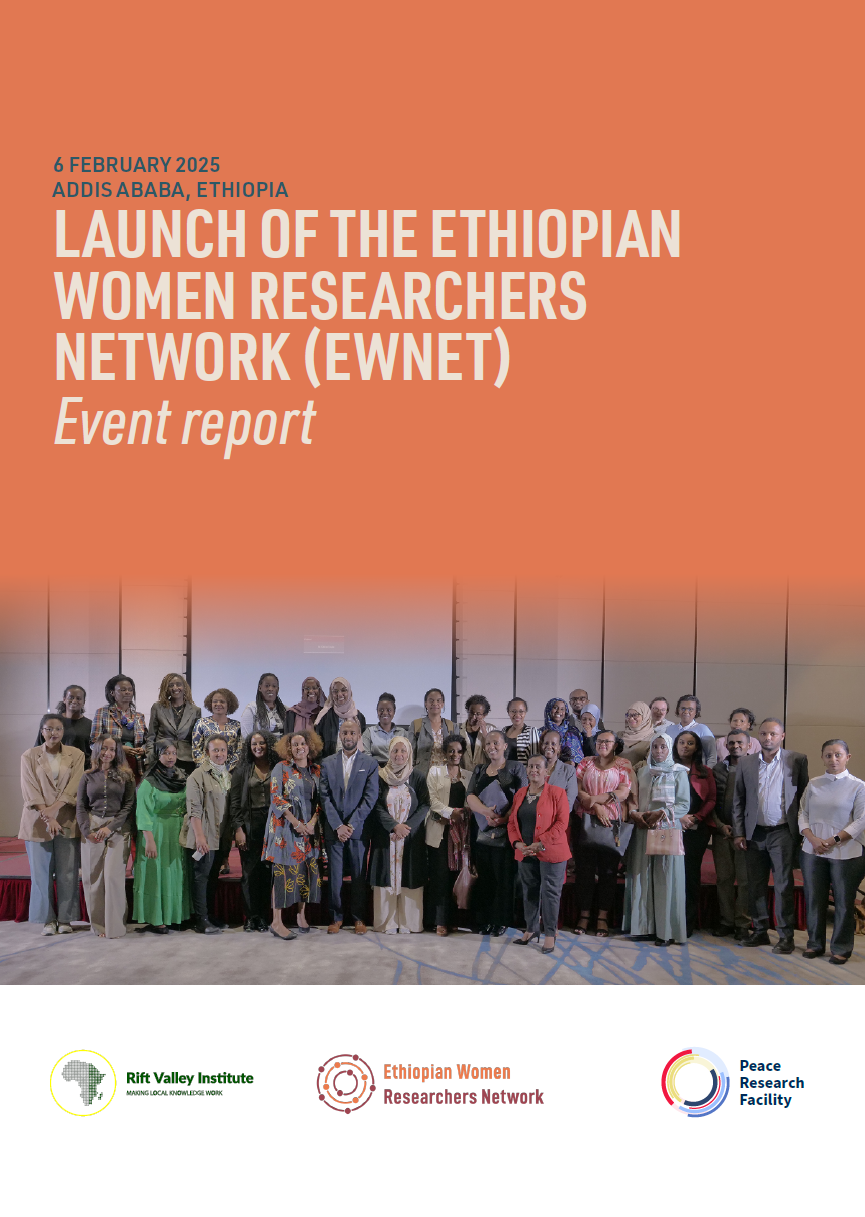For more than a year now, two decades of relative social and political order in Ethiopia has been disrupted by unprecedented protest and unrest. Long-standing grievances erupted in November 2015, only six months after the ruling Ethiopia Peoples Revolutionary Democratic Front (EPRDF) won a total electoral victory earlier in May the same year. The two largest of Ethiopia’s internal ethno-national groups—first the Oromo, and then the Amhara—have been in the protest’s vanguard. Their respective grievances have converged into heated rhetoric and violent action, not only against their regional governments, but also against the Tigrayan ethno-national group who have dominated the most powerful state offices since 1991.
Iddir in Contemporary Social Science and Humanities Research in Ethiopia: Historicizing and theorizing local infrastructures of care
The second Ethiopian Women Researchers Network (EWNET) seminar was delivered by Desalegn Amsalu, Anteneh Tesfaye, Yasmin Bushra and Helen Zeru on 3 July 2025 at



